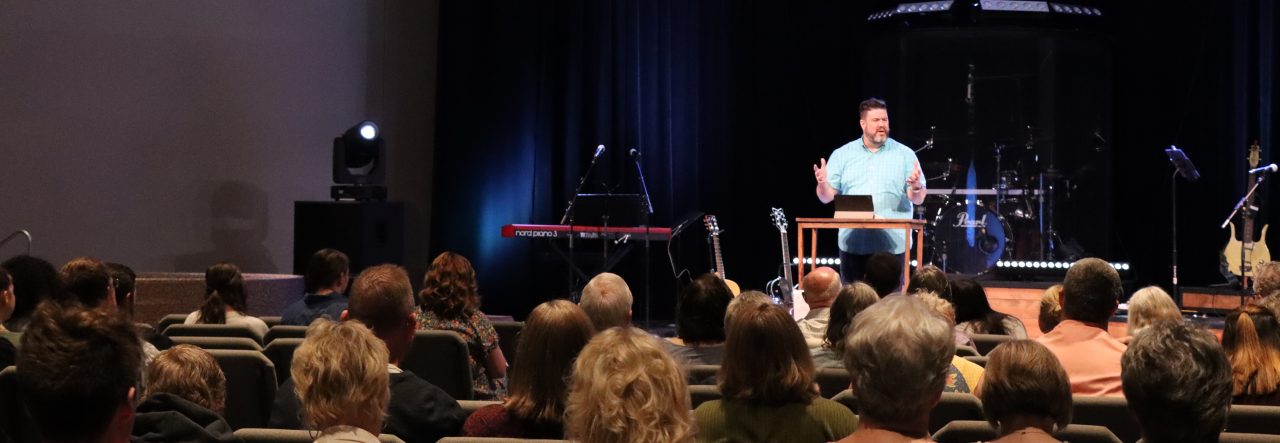Since success is such a great feeling, we will be tempted to pursue success no matter the cost. Tony Dungy gives us a great reminder the success can cost too much, when he writes:
 When a team wins or a business is successful, the families of the players or the workers may be excited for the moment; but when they count the cost, I wonder how many would say that the temporary accomplishment outweighs all the memories missed or the bonds not formed. Or, worse yet, maybe they have been programmed over time to believe that the all-encompassing sacrifice of family, community, time—or anything other than what it takes to win games, close sales, or build a business—is an accepted part of life, simply what is required to achieve the number one priority: winning. Sadly, such “accomplishment” without significance will ultimately prove to be meaningless and without lasting value.
When a team wins or a business is successful, the families of the players or the workers may be excited for the moment; but when they count the cost, I wonder how many would say that the temporary accomplishment outweighs all the memories missed or the bonds not formed. Or, worse yet, maybe they have been programmed over time to believe that the all-encompassing sacrifice of family, community, time—or anything other than what it takes to win games, close sales, or build a business—is an accepted part of life, simply what is required to achieve the number one priority: winning. Sadly, such “accomplishment” without significance will ultimately prove to be meaningless and without lasting value.
– Tony Dungy, The Mentor Leader (p. 3). Tyndale House Publishers.

